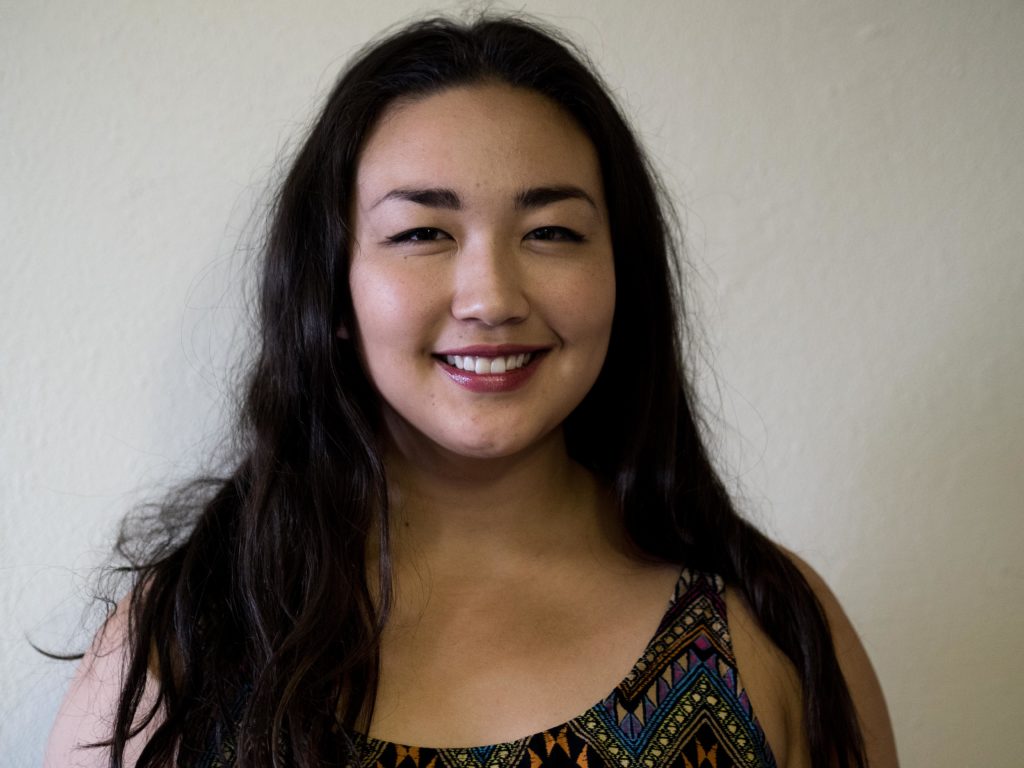A defining aspect of Grinnell College is the liberal arts education it offers, and the independent major is truly as liberal arts as it gets. Currently, eleven students are registered as independent majors.
Grinnell provides a very open curriculum, as there are no general education requirements, aside from major and concentration requirements and the first-year tutorial. The option of devising an independent major takes this curricular freedom a step further, as it allows students to be the architect of their education.
The independent major allows students to choose courses from between two and four departments to combine into an interdisciplinary major. Like every other major, there are credit requirements that students must complete.
An independent major is ideal for a student who does not seem to fit inside the boundaries of a specific major.
“If you have something that cannot be done with the existing system, don’t be afraid to pursue it, because you can,” said Zach Steckel ’18, who crafted a decision theories major.
Additionally, the independent major allows students to focus on classes that interest them and circumnavigate major requirements that do not pique that interest.
“If I declared an economics and psychology double major with a policy studies concentration — that was basically the next closest thing I could do — I would have had to take a lot more classes that I wasn’t as interested in as directly related to my interests, [and] wouldn’t have space for the electives that I wanted,” Steckel said.
For Morgane Garnier ’19, an international human rights major, the independent major epitomizes Grinnell’s emphasis on intersectionality.
“I think [the independent major] is sort of the epitome of what Grinnell is teaching us in subjects, in terms of intersectionality, and when we look at an issue, we have to look at it from many, many perspectives before we can get somewhat of a full understanding,” Garnier said.
Garnier’s international human rights major borrows from four departments.
“As of right now, it is a combination of political science, sociology, global development studies and Spanish,” she said. “My classes sort of ended up revolving around this idea of international human rights.”
Kevin Nguyen ’19 devised an international entrepreneurship major.
“It’s a combination of the anthropology, Chinese and French departments. … I came here really interested in learning foreign languages, but I also wanted to make myself marketable in the business world,” Nguyen explained.
Not only does an independent major allow for students to create their education, it allows for the possibility of spending a year abroad without the worry of failing to complete major requirements.
“It really gave me a lot of leeway in doing what I’m really interested in, plus going abroad, and getting the courses and combine it all together,” said Misha Gelnarova ’18, an international relations and communications major.
While the independent major can be a flexible way to hone in on one’s interests, it can also prove a challenge. To apply for an independent major, students must conduct extensive research, often spanning the course of several months, in order to demonstrate to the registrar that their idea is worth studying. Further, an independent major can create the perception of a lack of community, because each independent major is the only one in their discipline.
On top of this, it can often be difficult to for independent majors to get into the classes they need, especially with upper level courses.
“Every semester I have to recalibrate,” said Eyram Koblah ’19. Koblah is an organizational behavior major.
“You take elements of psychology, but only industrial psychology and theories of workplace motivation, and for economics, you take micro economics, and just throw away the macro and public, government side of that,” she explained.
The senior thesis of the independent major can often intimidate students. The thesis replaces a senior seminar where a student essentially produces independent research for course credit. The student meets with their advisors once a week while working on their paper.
“It’s a huge opportunity,” Steckel said. “You basically get a MAP for free.”
While the independent major requires a lot from these self-selecting students, the ability to study exactly what one wants can be worth the work.
“It allows me to look at things from different perspectives. … Once you learn how to come out and look at things from a wide perspective, you can never go back in,” said Aminata Kinana ’18, a Euro-Africana studies major.
“I study the historical and anthropological links between Europe and Africa predating slavery to the present,” she explained.
Although independent majors are not in the majority at Grinnell College, they offer an ability to craft an interdisciplinary education that may speak to many liberal arts students.
“I definitely don’t think it is just me who is interested in things that are not in one discipline,” Kinana said. “I think everyone has that, but a lot of people, if you don’t have some to tell you it’s possible, …might not necessarily rush to do it.”



















































